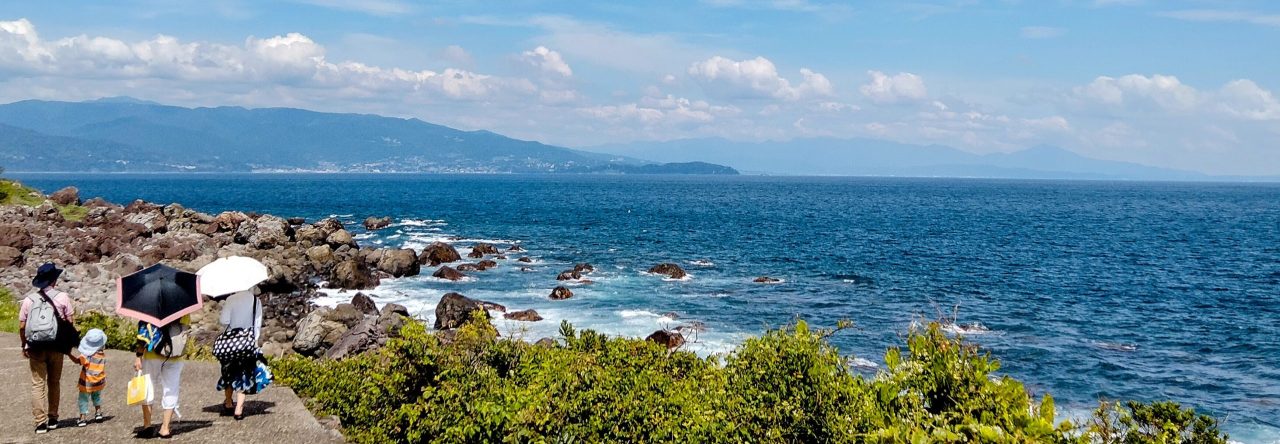■20200818(火曜日:曇) Sisterhood

■今朝は走りました。先週の金曜日以来ですので、4日ぶりです。とにかく夜明け前でも気温が高く、朝4時半に起きて5時から走った前回のランニングの時も、熱中症寸前まで行ってしまいました。
今日も4時半に起きて5時から走りましたが、今朝は少しだけ楽でした。今朝は6.07kmを走り、これで今月は7回のランで48.84kmを積み重ね、月100キロ走までは残り13日で51.16キロメートルのところまで来ました。
今こうして入力しているのは、7時少し前ですが、開け放した窓から入ってくる風は、昨日とは全く違っている様に感じます。蒸し暑い、むっとした風ではなく、少し爽やかさが混じっているのです。曇り空ですが少し青空も見えてきましたが、昨日までとは明らかに少し違うようです。
昨日は浜松市で日本の観測史上、最も高い気温である41.1度を記録しました。こんなことで静岡県が報道されるとは夢にも思いませんでした。今朝も走っている時は決して心地よい天候ではなかったのですが、とにかくゆっくりで良いから走り続けようと考えていました。
走り終わって相変わらず汗が滴り落ちてきたのですが、胃腸が弱っているのか、あまり食欲が出ません。朝食は熱いコーヒーとシュークリームを半分、そしてヨーグルトと冷たく冷やした梨を半分食べました。
やはり私の場合は体の疲労は胃腸にくるようです。冷たいものをなるべく控えて、温かいものを取り負担を減らしていくしかありません。
■さて、今朝の東京新聞「大波小波」欄の特集「コロナ禍のシスターフッド」では、作家・王谷晶とライター・ヴレイディみかこの対談で語られた、SNS時代における女性の連帯や「緊縮はフェミニズムのイシュー」は極めて重要な論点だ、と指摘しています。
シスターフッドとは、女性の間の社会的、倫理的、感情的協定です。 これは、一緒にいればひとりより強いという理解に基づいています。
… それは、生まれ、宗教、民族関係ない社会的な女性の連盟です。 シスターフッドは、現代のフェミニズムの倫理的・政治的・現実的な単語です。
財政難を根拠に国が支出を減らせば、最初に被害を被るのは、保育士や介護士など福祉関連の公共セクターや賃金水準の低い人や非正規雇用の人達で、圧倒的に女性が多いとブレイディは指摘しています。
また王谷は、女性が家事育児などは元より、コロナ禍の休校で子どもの勉強を見ることまで要請されている、と指摘しています。確かに「非常事態」下では女性の私的なケア負担は増加し、就業の場では待遇低下にさらされやすい。
王谷のいう階級・環境・セクシャリティを超えた、女性たちが生き延びるための「シスターフッド」を切望する。コロナ禍で後回しにされがちな今だからこそ、と結ばれています。
■確かに何か危機的な状況になると、弱い者たちからしわ寄せを食う、というのは歴史の常です。そして確実に言えることは、女性や子どもたちが生きにくい社会は、誰にとっても生きにくい社会だということです。
I ran this morning. I haven’t run since last Friday, so it’s been four days. Anyway, even before dawn the temperature was high, and the last time I woke up at 4:30am and ran at 5am, I was on the verge of heat stroke.
Today I woke up again at 4:30am to run at 5am and this morning it was a little easier. I ran 6.07km this morning, which brings me to 48.84km in seven runs this month, and I’m now at 51.16km with 13 days left to run 100km a month.
It’s a little before 7 o’clock as I type, but the breeze coming in through the open window feels completely different from yesterday. It’s not a humid, sweltering breeze, but a slightly refreshing one. It was cloudy, but there were some blue skies, but it was definitely different from the previous day.
Yesterday, Hamamatsu recorded 41.1 degrees Celsius, the highest temperature ever recorded in Japan. I never dreamed that Shizuoka Prefecture would be in the press for this. It wasn’t exactly pleasant weather while I was running this morning, but I decided to just keep running, even if it meant taking it slow.
I was still dripping with sweat after the run, but my stomach was weak and I didn’t have much of an appetite. For breakfast I had hot coffee and half a puff pastry, then yogurt and half a cold pear.
As I said, body fatigue seems to interfere with my stomach. The only thing I can do is to try to avoid cold food and take something warm to reduce the burden.
In this morning’s Tokyo Shimbun’s “Great Wave and Small Wave” feature article, “The Sisterhood of the Corona Disasters,” the author Akira Oya and Mikako Vrady argue that women’s solidarity in the age of social networking and “austerity is a feminist issue” are extremely important issues to be discussed.
The Sisterhood is a social, ethical and emotional pact between women. It is based on the understanding that together we are stronger than one.
… It is a league of social women without regard to birth, religion or ethnicity. Sisterhood is the ethical, political and practical word of modern feminism.
Brady points out that if the government cuts spending on the basis of financial difficulties, the first people to suffer are those in the public sector and those at the lower end of the wage scale and in informal jobs in the welfare sector, such as childcare workers and caregivers, who are overwhelmingly women, according to Brady.
Oya also points out that women are even asked to watch their children study due to the closure of schools for the coronation disaster, rather than doing household chores and other duties. Indeed, under a “state of emergency,” women’s private care burdens increase and they are more likely to be exposed to reduced treatment in the workforce.
We crave a “Sisterhood” for women’s survival that transcends class, environment, and sexuality, as Oya calls it. It is tied to the fact that this is the time when it is easy to be put off by the Corona disaster.
It is true that history has always shown that when there is a crisis, the weakest of the weak take the brunt of the crisis. And what we can say with certainty is that a society that makes life difficult for women and children is a society that makes life difficult for everyone.
